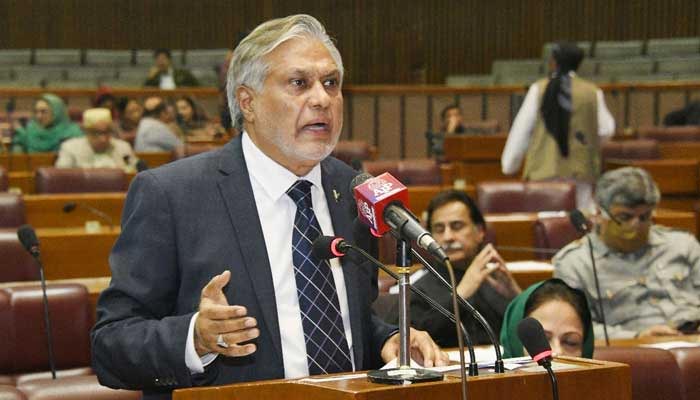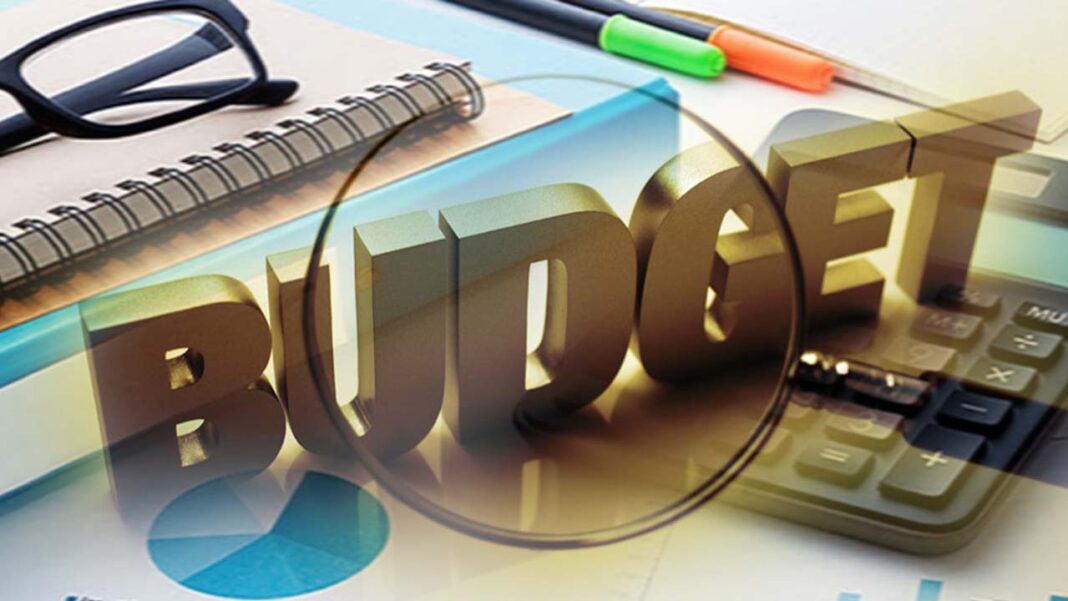Faheem Anwar
ISLAMABAD: The National Assembly unveiled an expansive annual budget worth 14.5 trillion on June 9, 2023. The budget presentation took place on the floor of the National Assembly, with Senator Muhammad Ishaq Dar leading the charge
In a bid to foster growth and address economic challenges, the government has announced a series of special reliefs targeting the IT and agricultural sectors. By implementing taxation measures, the government aims to encourage IT exports and value addition to agricultural produce.
Furthermore, government employees have been granted significant relief. The proposed minimum wage is set at Rs32,000, ensuring a fair standard of living. Additionally, wages for employees in Grades 1-16 and Grades 17-22 will be increased by 35% and 30% respectively. Pensioners can also anticipate a flat increase of 17.5% in their pensions.
Addressing the welfare of working journalists, the government has allocated Rs1 billion for health insurance coverage, emphasizing the importance of their well-being.
However, these measures come at a time when the government is facing fiscal constraints, compounded by the need to meet the requirements of the International Monetary Fund (IMF) and provide relief to the public ahead of upcoming elections.
With rising concerns about the risk of defaulting on sovereign debts and soaring inflation levels, the budget assumes pivotal importance for the political future of the PMLN and its allies.
The country’s previous budget fell short of achieving economic targets, most notably the growth target, initially set at 5% and later revised down to 2%. The projected growth for the current fiscal year is now a mere 0.29% as it nears its end on June 30.
According to the State Bank of Pakistan (SBP), foreign exchange reserves have dipped below $4 billion, barely sufficient to cover a month’s worth of imports.
While the government faces limited fiscal space to introduce popular measures that could secure votes, efforts have been made to address key concerns in the budget. It remains imperative for the government to ensure that the budget delivers as estimated, given the critical economic circumstances.






